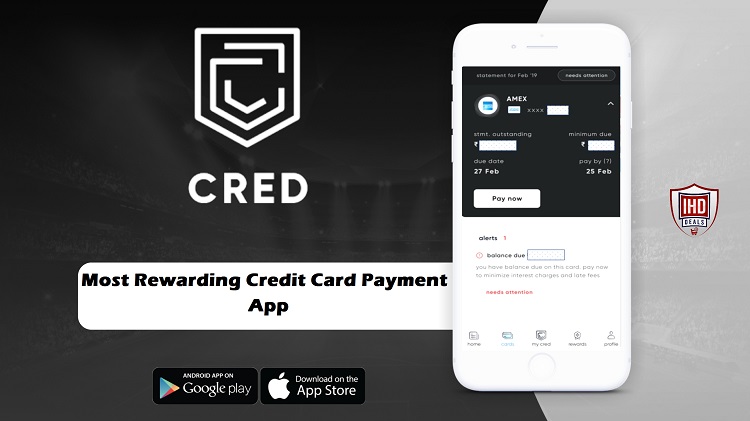Credit cards offer immense convenience and flexibility when making big purchases and managing our finances. When we start living alone, the need to buy appliances and furniture is constant. And making these purchases with UPI or debit cards becomes difficult. Hence, we started using credit cards. Credit cards also have a bill that comes at regular intervals, and we must pay them before the due date.
To avoid major credit card bill shocks, we should start with our planning and budgeting, ensuring we’re not going overboard with our purchases and keeping the bill in check. This article will explore some amazing tips related to budgeting, planning, and controlling credit card bills.

- Understanding Your Credit Card Statements
Before delving into budgeting and planning tips, it’s crucial to understand your credit card statements. These statements provide a snapshot of your financial activity, including your outstanding balance, recent transactions, due dates, and minimum payment requirements. Familiarizing yourself with your credit card statement’s layout and terminology is the first step in responsible credit card management.
- Creating a Monthly Budget
Creating a monthly budget is one of the most effective ways to avoid credit card bill shock. If you use apps like a UPI app or something similar, check it thoroughly and understand your daily and monthly expenses. And then allocate a specific portion of your income to each category, ensuring your total expenses do not exceed your income. Include a category for credit card payments within your budget to cover at least the minimum payment due.
- Tracking Your Spending
To stay on top of your budget and prevent overspending, track your daily expenses. Use mobile apps, spreadsheets, or dedicated budgeting software to monitor your spending habits. Categorize your expenses to identify areas where you may need to cut back or reallocate funds. Regularly reviewing your spending helps you maintain control over your finances and make necessary adjustments.
- Setting Financial Goals
Establishing clear financial goals is essential for responsible credit card management. Ensure your goals are realistic and measurable, allowing you to track your progress over time.
- Avoiding Unnecessary Purchases
Impulse buying and unnecessary purchases can quickly lead to credit card bill shock. Consider implementing a “cooling-off” period, where you wait a day or two before making a significant purchase. This pause can help you evaluate whether the expense is genuinely necessary.
- Using Credit Wisely
While credit cards offer convenience, they also come with the temptation to overspend. Practice responsible credit card usage by only charging what you can afford to pay off in full each month. Avoid carrying a balance whenever possible, as interest charges can add up significantly over time.
- Reviewing Your Statements Regularly
Look for discrepancies, unauthorized charges, or any suspicious activity. Reporting issues promptly to your credit card issuer can prevent potential fraud and protect your financial well-being.
Conclusion
Following these budgeting and planning tips, you can avoid credit card bill shock and control your finances. Remember to create a monthly budget, track your spending, set financial goals, and pay more than the minimum whenever possible. With discipline and careful planning, you can enjoy the benefits of credit cards without the stress of unexpected bills.